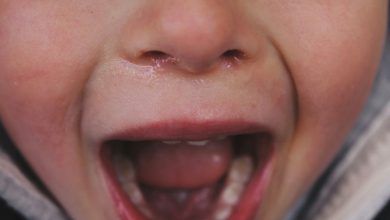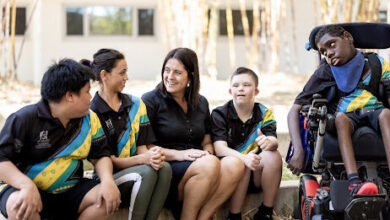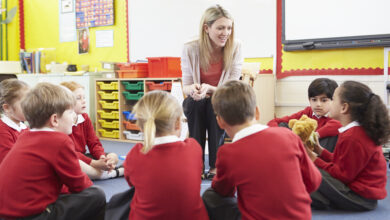
Reports published this week by the Education Review Office, show only 20% of Year 8 students in New Zealand are achieving the science standards ERO expects.
“The release of these new science reports is timely as recent national and international research shows that New Zealand students are not achieving as well in science we would like,” says Ruth Shinoda, Head of ERO’s Education Evaluation Centre.
“Only 20 percent of Year 8 students are achieving at the level we would expect, and studies show that our Year 9 and our 15-year-old students’ performance in science has declined. This is concerning and indicates an urgent need to strengthen science teaching in New Zealand.
“These new reports draw on the good work teachers and educators are already doing to engage learners with science, to provide practical actions all schools and services can take to improve science teaching.”

The three reports cover science teaching from early childhood up to Year 11 and provide clear guidance for how science teaching can be strengthened for these different learner groups.
“Across all age groups we found that being deliberate about how we teach science is incredibly important. Educators need to plan to teach science in a way that ensures children grow their science skills, understand science fundamentals and have a strong knowledge base that creates a passion for science.
We know that deliberate planning for opportunities to develop children’s understanding of science, can make a big difference, particularly in the early years,” says Shinoda.
“For secondary school leaders, we recommend taking a fresh look at science programmes across all year levels with the aim to actively encourage more students to continue with science in senior school.
“It is crucial that we support children and students to develop their critical thinking and science literacy, so that they understand the world around them and can contribute positively to the future.
“Covid-19 has showed us how important science is and with science-related issues such as climate change and vaccines increasingly impacting on society, it is essential that we have high quality science education. We are pleased to see that science education is a priority for the New Zealand Curriculum refresh in 2022.
“ERO’s new reports are all about strengthening the teaching of science and we hope they are a useful resource for science educators across New Zealand. I would encourage all school and service leaders to consider the guidance in these reports and how it could support their own approaches to teaching science,” said Shinoda.
The three new ERO reports released today are:
– Science in the Early Years: Early Childhood
– Years 1 – 4 – Shining a Light on Science: Good Practice in Early Childhood Services
– Growing Curiosity: Teaching Strategies to Engage Years 5 – 11 Students in Science.
Each report is accompanied by short practical guides for science educators and all are available at:
Teaching Science – Early Years through to Year 11 | Education Review Office.
-The National Monitoring Study of Student Achievement shows that only 20 percent of Year 8 students achieve at or above expectations.
– The Trends in International Mathematics and Science Study shows science achievement for our Year 9 students has declined between 2014 and 2019.
– The Programme for International Student Assessment also showed a decrease in achievement for 15 year olds between 2009 and 2015.










ERO is being ingenuous and selective. They should have been honest and pointed out that it is highly likely that the root cause of this can be found in three areas.
1. The loss of the ministry advisory services, (science advisors).
2. National Standards, and
3. the University based Intial Teacher Education programme. The absence of learning how to teach is the Achilles heel of the universities, particularly in curricula that are heavily practice-based. These include the arts, physical education, technology, science, and the use of apparatus in mathematics to solve real world problems.
With only the Nature of Science strand being compulsory and with the teaching of the Junior curriculum spanning Years 1 – 10, this is not really a surprise. Schools are able to teach very little Science at both Primary and Intermediate level if they wish. Many of these schools may have no formally trained science teacher.
Exactly Bruce Crawford, some schools are still recovering from the thinking National Standards caused – that they only have time to teach Reading Writing and Maths any time given to anything else means they may ‘fail’.
I have student teachers in my classes all year and they are learning very little that makes them classroom ready. The universities are doing them a disservice, as you say they get little or no practical experience with any curriculum areas.